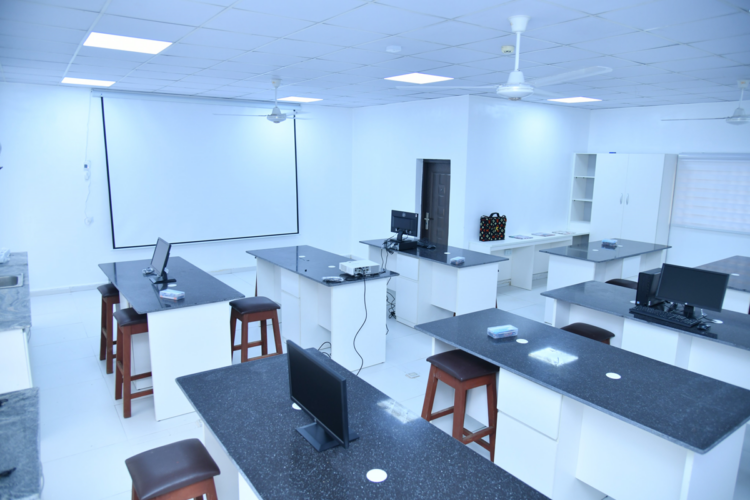In a strategic move to boost youth empowerment, self-reliance, and economic development, the Federal Government has announced plans to establish 270 vocational training centres across Nigeria. This initiative forms part of a broader intervention programme designed to promote entrepreneurship and technical skills among the nation’s growing population.
The disclosure was made during a public hearing on proposed bills for the creation of new technical and entrepreneurship institutions, including the National Institute for Technical and Vocational Education in Kalgo, Kebbi State, and Federal Colleges of Entrepreneurship and Skill Acquisition in Bunza (Kebbi) and Maiduguri (Borno State).
Expanding Skills Development Infrastructure
During the hearing, the Deputy Executive Secretary (Technical) of the Universal Basic Education Commission (UBEC), Rasaq Akinyemi, acknowledged the importance of such institutions in bridging youth unemployment and addressing the nation’s skills gap. However, he cautioned that strengthening and optimizing existing structures could provide a more cost-effective and timely approach than creating new institutions from scratch.
He emphasized that federal institutions require substantial and sustained financial support, including allocations for infrastructure, staffing, and operations—a challenge in light of current budget constraints.
Clear Governance and Efficient Implementation
To ensure transparency and long-term sustainability, Akinyemi called for a well-defined governance framework for the proposed institutions. He stressed the need for clarity in roles and responsibilities across various levels of government—federal, state, and local—as well as among involved agencies and educational entities.
UBEC pledged continued collaboration with lawmakers and stakeholders to align the proposed reforms with national education and training goals.
Stakeholder Support and National Impact
Stakeholders from constituencies where the proposed institutions are to be located expressed strong support for the bills, citing the educational and socioeconomic benefits these centres would bring. They also highlighted the potential of the centres to reduce youth restiveness, enhance local entrepreneurship, and stimulate regional development.
Representatives from the National Commission for Almajiri and Out-of-School Children Education also voiced their backing, noting the initiative’s potential to bring inclusive education and economic opportunity to underserved communities.
Legislative Backing and Vision for the Future
In a keynote address, the Speaker of the House of Representatives (delivered on his behalf) reaffirmed the legislature’s commitment to expanding technical education and vocational training nationwide.
“In today’s rapidly evolving world, driven by technological change and shifting job markets, it is vital that young Nigerians are equipped with practical skills to succeed,” the Speaker stated. “This initiative is not just about training—it’s a declaration of our commitment to a future where every young person has the tools to thrive.”
He further stressed the importance of making vocational education a core pillar of national development, noting that Nigeria’s large youth population presents both a challenge and an opportunity. Despite the country’s wealth of human capital, outcomes in the vocational training sector have fallen short, highlighting the urgent need for reforms.
A Legislative Mandate for Economic Empowerment
Lawmakers reiterated their resolve to use legislation to institutionalize skills development as a critical driver of economic diversification and national growth. The House Committee on Alternative Education pledged to continue championing progressive policies that establish training centres capable of equipping Nigerians with the knowledge and practical skills required for employment and entrepreneurship.
The plan to set up 270 centres marks one of the most ambitious skills development undertakings in Nigeria’s recent history and is expected to play a transformative role in building a self-reliant, innovative, and productive workforce.


